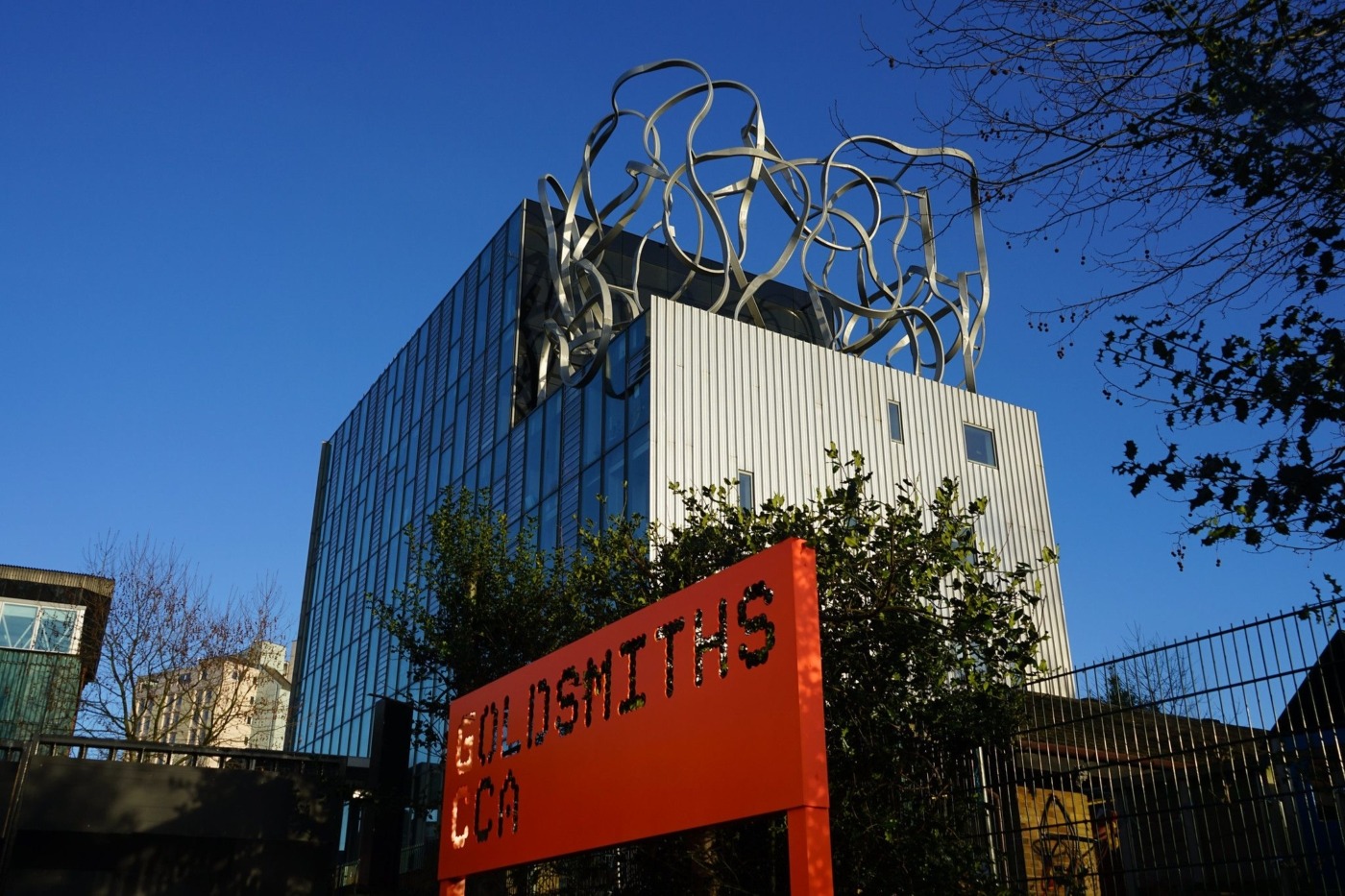Goldsmiths University bans beef to become carbon neutral by 2025
Goldsmiths University in London has banned beef products from all campus food outlets to tackle the global climate crisis and meet its target of becoming carbon natural by 2025.
The ban will be rolled out from the start of the new academic year in September.
The university is also trying to phase out single-use plastics on campus by placing a 10p levy on all bottled waters and disposable plastic cups. All the proceeds from the levy will go directly to the green student initiative fund.
Moreover, solar panels are being installed in Goldsmith University’s New Cross building to ensure that the university’s energy consumption becomes greener.
Professor France Corner, Goldsmiths’ warden, said that they would switch to all-renewable energy once their current energy contract ends.
Professor Corner added: “Declaring a climate emergency cannot be empty words. I truly believe we face a defining moment in global history and Goldsmiths now stands shoulder to shoulder with other organisations willing to call the alarm and take urgent action to cut carbon use.
The Journal of Science published research concluding that beef produces 105kg of greenhouse gases per 100g of meat. In comparison, tofu emits 3.5kg per 105kg.
The study of British people’s diets found that meat-rich diets (more than 100g per day) generated 7.2kg of carbon emissions. To compare against these emissions, vegetarian diets generating 3.8kg of Carbon and vegan diets 2.9kg.
Joe Leam, president of Goldsmiths’ union, called the ban a “bold move” and stated that “phasing out plastics and transferring to using only renewable energy are brilliant too”.
“The aim of being carbon neutral by 2025 is a great aim – let’s hope the management hold true to this,” he said. “There is always more that can be done – but I think it’s a great start and other institutions should learn from this move.”
Goldsmith University’s green initiative has been met with criticism from the National Union of Farmers (NFU), who dubbed the ban on beef an “overly simplistic approach”.
Declaring a climate emergency cannot be empty words
– Professor France Corner
NFU Vice-President, Stuart Roberts commented: “Our standards of beef production in the UK are among the most efficient in the world, with British livestock grazing in extensive, grass-based systems – meaning a greenhouse gas footprint 2.5 times smaller than the global average.”
Isabelle Gosse, a psychology undergraduate said: “I think it’s a really positive move – Goldsmiths is recognising its own power and accountability in being more environmentally conscious.”
Rosie Rogers, a climate emergency campaigner for Greenpeace UK, said: “It’s encouraging to see an institution like Goldsmiths not simply declaring a climate emergency, but acting on it.
“From energy use, to food sales and plastic pollution – all universities and organisations with campus sites can make changes across their facilities that are better for our planet.”
There has been an upsurge in the number of universities declaring a climate emergency. Bristol University was the first to set the climate emergency declaration trend in April.
Students at the University of Warwick voted in the All Student Vote (ASV) in May for Warwick Students’ Union to declare a state of climate emergency. The motion to declare climate emergency received the highest number of votes out of all the proposals.
An environmental team named “Greenspace” has been created in Durham University. This offers an online ‘Environmental Sustainability Training Module’ that all students can access and complete.
The University of Sheffield has opened up a zero-waste shop in efforts to become more carbon neutral. The shop sells spices and laundry detergent without the unnecessary packaging.
By following initiatives such as these, Sheffield has reduced its emissions by 31% since 2005.

Comments